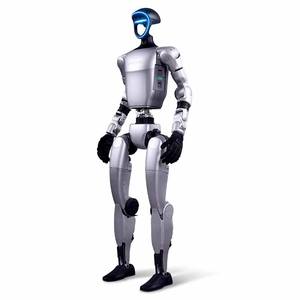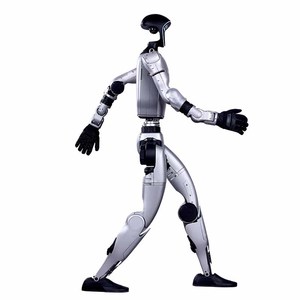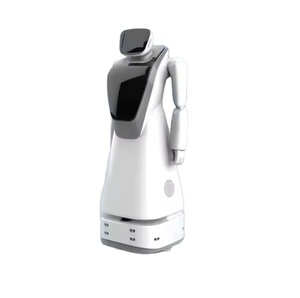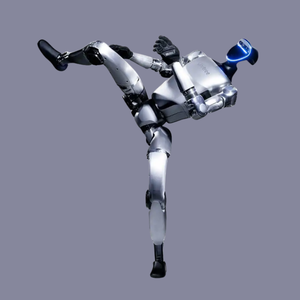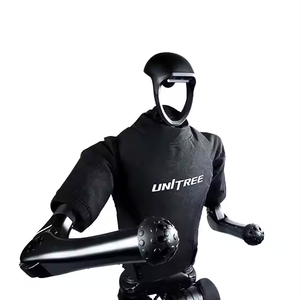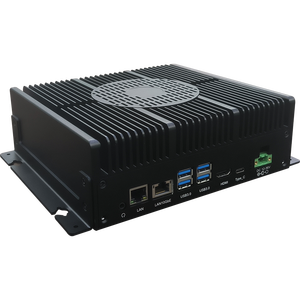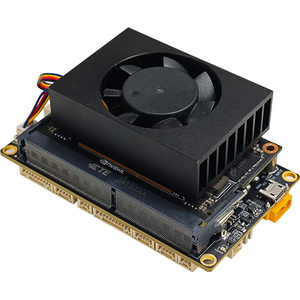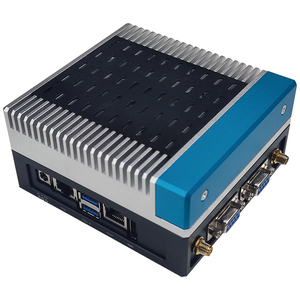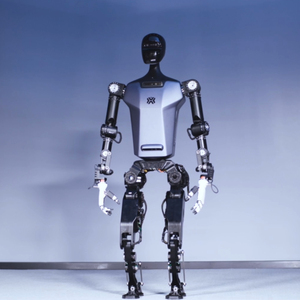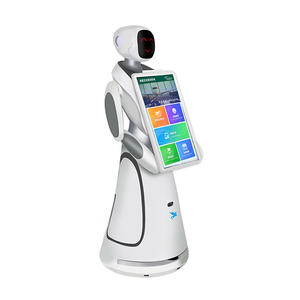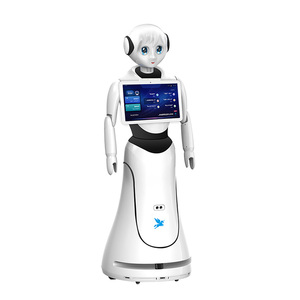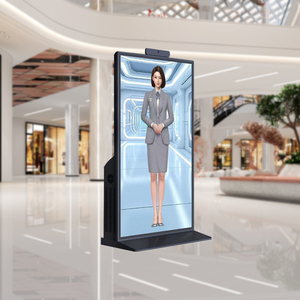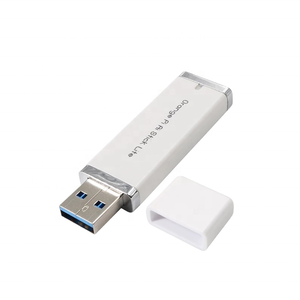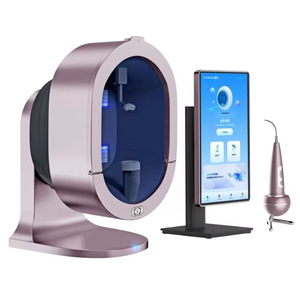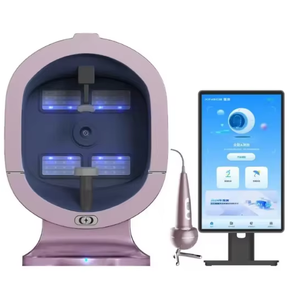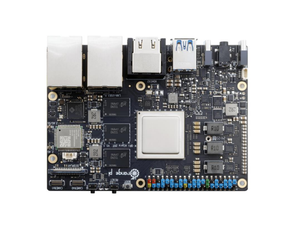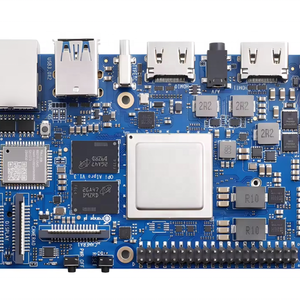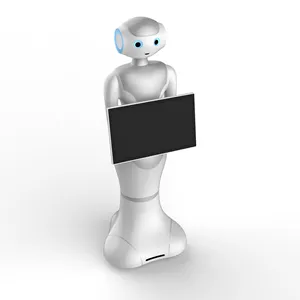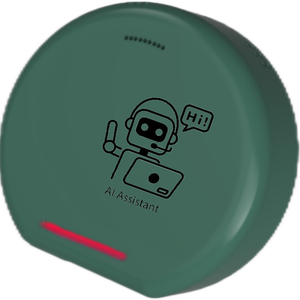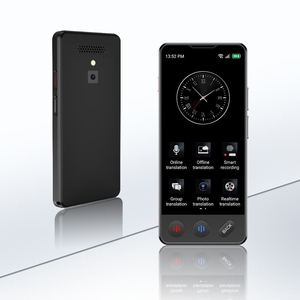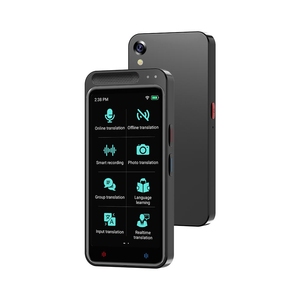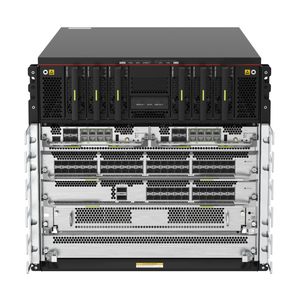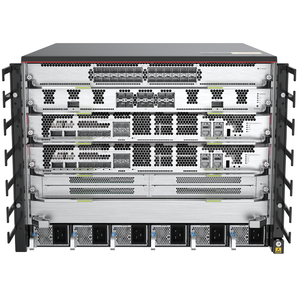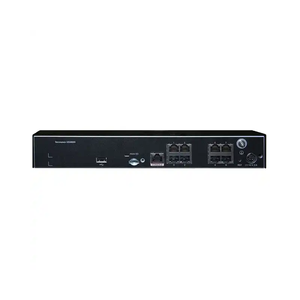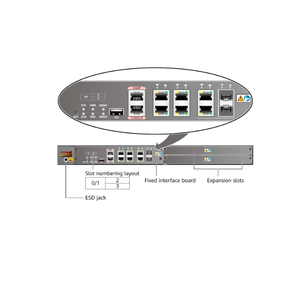Types Of Ai






 1/22
1/22






 1/13
1/13




 0
0


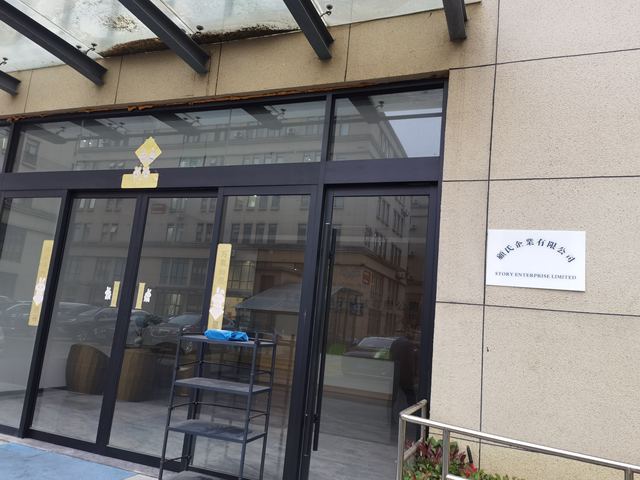

 1/3
1/3






 1/28
1/28




 1/3
1/3




 1/3
1/3





 1/3
1/3


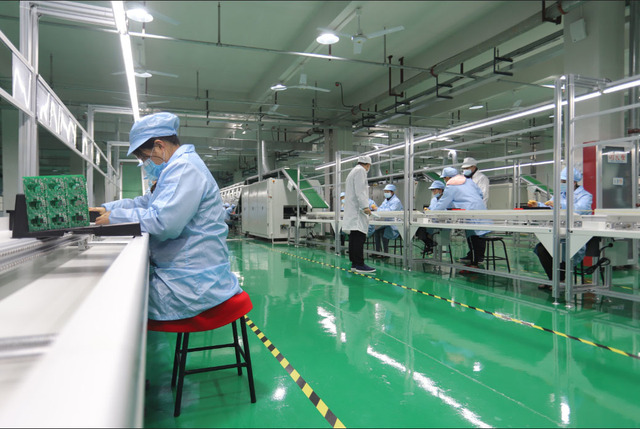

 1/3
1/3







 1/24
1/24




 1/3
1/3



 1/3
1/3


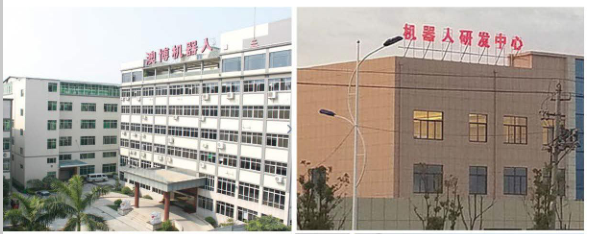

 1/3
1/3




 1/3
1/3




 1/3
1/3


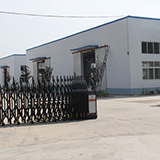

 1/3
1/3





 1/3
1/3



 1/3
1/3





 1/3
1/3






 1/6
1/6
About types of ai
Where to Find AI-Powered Robotics and Development Solutions Suppliers?
China has emerged as a leading hub for advanced artificial intelligence hardware, with key supplier clusters concentrated in Jiangsu, Shandong, and Guangdong provinces. These regions host vertically integrated manufacturing ecosystems that support rapid prototyping and scalable production of AI-driven robotics, humanoid platforms, and embedded computing systems. Jiangyin and Shandong-based suppliers leverage proximity to component manufacturers and R&D centers, enabling shorter lead times and cost-efficient customization. The presence of established logistics networks ensures efficient global distribution, particularly for high-value AI units requiring secure handling and documentation.
The industrial ecosystem supports both turnkey robotic solutions and modular AI development platforms. Suppliers offer access to in-house engineering teams, PCB assembly lines, and testing facilities, allowing integration of sensors, actuators, and machine learning frameworks. Buyers benefit from localized supply chains that reduce production costs by 20–35% compared to Western counterparts, while maintaining compliance-ready design standards. Typical advantages include lead times of 15–30 days for standard configurations, MOQs starting at one unit for select models, and flexibility in software integration and physical customization.
How to Choose Artificial Intelligence Hardware Suppliers?
Selecting reliable partners requires rigorous evaluation across technical, operational, and transactional dimensions:
Technical Capability Verification
Confirm supplier expertise in AI system integration, particularly for humanoid robots or edge computing devices. Evaluate product specifications such as programmability, sensor fusion capabilities, onboard processing power (e.g., NVIDIA Jetson compatibility), and API accessibility for custom AI model deployment. For development boards, verify support for TensorFlow, PyTorch, and ROS environments.
Production and Customization Capacity
Assess infrastructure maturity through the following indicators:
- In-house R&D teams capable of firmware modification and SDK provisioning
- Customization options including color, material, size, logo imprinting, packaging, and graphical interface personalization
- Minimum order quantities ranging from 1 piece (common) to bulk sets, depending on model complexity
- Cross-reference online revenue data and response times (≤2 hours preferred) as proxies for operational responsiveness and customer service capacity
Quality and Transaction Assurance
Prioritize suppliers with documented quality control processes and verifiable performance metrics. On-time delivery rates above 95% indicate strong production planning. Reorder rates below 15% may suggest niche positioning or limited post-sale satisfaction, whereas higher reorder rates (e.g., 33–61%) reflect stronger customer retention. Utilize third-party assurance programs where available, and request sample units to validate build quality, motion accuracy (for robots), and thermal management under sustained operation.
What Are the Leading Types of AI Hardware Suppliers?
| Company Name | Main Products | Price Range (USD) | Min. Order | On-Time Delivery | Avg. Response | Online Revenue | Reorder Rate | Customization Options |
|---|---|---|---|---|---|---|---|---|
| Jiangyin Thousands Chemicals Co., Ltd. | Unitree G1 & Go2 Series Humanoid and Bionic Robots | $16,000 – $53,400 | 1 piece | 95% | ≤4h | $250,000+ | <15% | Color, material, size, logo, packaging, label, graphic |
| Evergreen Chemicals Co., Ltd. | Unitree G1 Edu, Go2 AI Robot Dog, Programmable Humanoids | $1,600 – $53,400 | 1 piece | 100% | ≤2h | $440,000+ | 33% | Color, material, size, logo, packaging, label, graphic |
| Shandong XIXU New Materials Technology Co., Ltd. | Smart Humanoid Robots, Security Robot Dogs, AGI Platforms | $800 – $25,000 | 1 piece | 100% | ≤2h | $10,000+ | <15% | Limited (based on listed products) |
| Story Enterprise Limited | H1/G1 Humanoids, Go2 Companion Robots, Bionic Systems | $700 – $89,900 | 1 set | 91% | ≤2h | $50,000+ | <15% | Not specified |
| LEETOP TECH CO., LTD | NVIDIA Jetson-Based AI Development Boards & Kits | $210 – $3,000 | 1–2 units | 97% | ≤1h | $4,700,000+ | 61% | Color, material, size, electric components, module, PCB, flash, logo, packaging, label, graphic |
Performance Analysis
LEETOP TECH stands out with the highest online revenue and fastest average response time (≤1h), coupled with a 61% reorder rate—indicating strong customer satisfaction in the AI development board segment. Evergreen Chemicals and Shandong XIXU achieve perfect on-time delivery records (100%), making them reliable for time-sensitive deployments. Jiangyin Thousands Chemicals and Story Enterprise offer premium humanoid platforms priced above $16,000, targeting commercial or research applications. In contrast, LEETOP provides entry-level AI development kits starting at $210, catering to startups and educational institutions.
Suppliers like LEETOP and Jiangyin Thousands emphasize extensive customization, including three-layer PCB modifications and firmware branding, which is critical for OEM integrations. However, lower reorder rates among some robot-focused suppliers suggest potential gaps in after-sales support or long-term reliability. Buyers should prioritize vendors offering transparent technical documentation, SDK access, and modular upgrade paths when sourcing AI hardware for scalable deployment.
FAQs
How to verify artificial intelligence hardware supplier reliability?
Cross-check claimed certifications and technical specifications with product datasheets and independent reviews. Request evidence of quality management systems (e.g., ISO 9001), and evaluate supplier responsiveness and consistency in communication. Analyze transaction history, focusing on dispute resolution outcomes and customer feedback related to product performance and durability.
What is the typical sampling timeline for AI robots or development boards?
Standard AI development boards can ship within 3–7 days. Humanoid or bionic robots typically require 15–25 days for preparation and testing. Complex configurations or customized units may extend lead times to 40 days. Air freight adds 5–10 days for international delivery.
Can suppliers provide AI systems with pre-installed models or software frameworks?
Yes, many suppliers offer units with ROS, TensorFlow Lite, or proprietary AI environments preloaded. Programmable models like the G1 Edu series support Python-based control and reinforcement learning integration. Confirm software stack compatibility before procurement.
Do suppliers support small-volume or single-unit orders?
Yes, most listed suppliers accept minimum orders of 1 piece or set, particularly for high-value robotics and development kits. This facilitates pilot testing and academic use without large capital commitment.
How to initiate customization for AI hardware?
Submit detailed technical requirements including mechanical dimensions, weight limits, power source, sensor types, processing needs, and desired AI functionalities. Leading suppliers provide 3D renderings, schematic reviews, and prototype builds within 2–4 weeks upon specification finalization.

